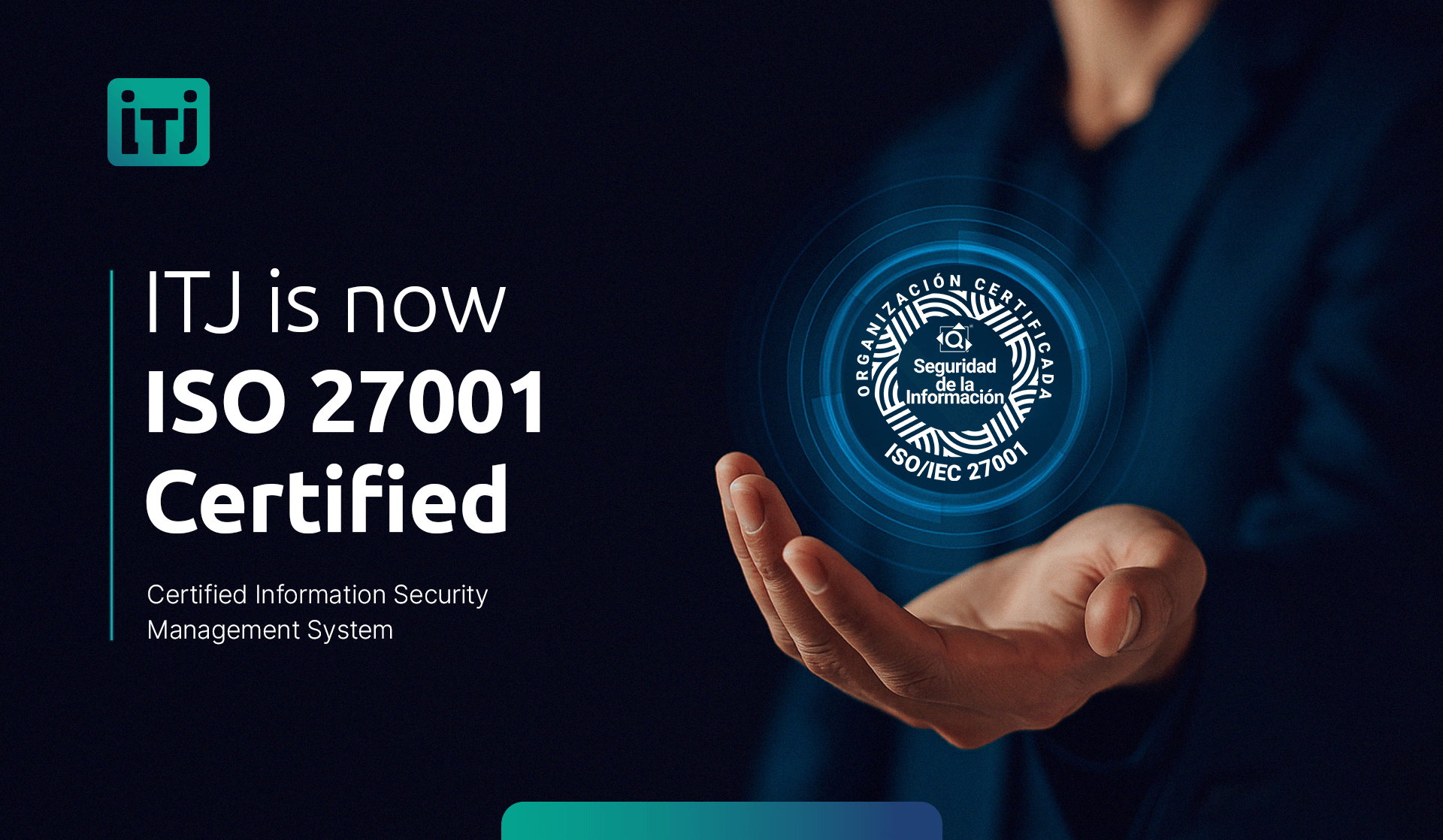According to the U.S. Bureau of Labor Statistics, the tech industry is projected to add over 682,800 new tech jobs by 2031, making it one of the fastest-growing job sectors. As competition for these coveted positions heats up, nailing your tech job interview becomes more critical than ever. But what does it take to impress your potential employer and secure your dream job? Here are seven tips to help you stand out from the crowd.
Tips for your Tech Interview Prep
1. Do your homework
Before stepping into the interview room, make sure you’ve done your homework. Research the company you’re applying to and familiarize yourself with its products, services, and mission statement. Accordingly, knowing the company’s history, culture, and values will help you tailor your answers to their needs and demonstrate your interest and commitment to the organization.
Additionally, research the role you’re applying for and the skills and experience required for the position. At the same time, go through the job description and make a list of the necessary qualifications, and prepare examples of how your previous experience aligns with those requirements.
2. Brush up on your technical skills
Tech interviews often include technical assessments to evaluate your programming skills, algorithmic knowledge, and problem-solving abilities. Therefore, make sure you brush up on your technical skills and practice coding exercises and problems relevant to the job position.
Acing the technical portion of the interview and talking the language helps you stand out from other candidates and demonstrate your proficiency in the field.
3. Highlight your soft skills
Technical skills aren’t the only ones that matter in the tech industry. Soft skills like communication, teamwork, and leadership are essential in any workplace. Be prepared to give examples of how you’ve demonstrated these skills in your previous jobs, especially in situations where you’ve had to collaborate with others or communicate complex ideas.
“Effective communication of one’s soft skills, particularly teamwork, is essential for candidates. In addition, showcasing their problem-solving abilities by narrating a challenging situation they have encountered and how they applied their soft skills to resolve it, is an eye-catcher for us”, shares with us Aysmara, ITJ TA recruiter.
Furthermore, your potential employer wants to know that you’ll be able to work effectively with other team members, take ownership of tasks, and communicate effectively, so highlighting your soft skills is crucial.
4. Practice, practice, practice
Interviews can be nerve-wracking, but practicing beforehand can help you feel more confident and prepared. Previously, ask a friend or family member to help you rehearse common interview questions, and practice your answers until you feel comfortable.
Additionally, consider doing mock interviews with people who work in the tech industry or hiring managers. You can also record yourself answering questions to evaluate your tone, body language, and delivery.
5. Prep for behavioral interview questions as well
The purpose of behavioral interview questions is to evaluate your past behavior in the job. You are required to give concrete examples of how you have displayed particular abilities or attributes in the past in response to questions that frequently start with “Tell me about a time when…” Consider past experiences that reflect your abilities and experience in relation to the position you are applying for as you get ready to answer questions of this nature.
Your comments can be organized using the STAR (Situation, Task, Action, Result) technique, which enables you to give a clear and understandable example of your experience.
6. Prepare some questions of your own
At the end of most interviews, you’ll have an opportunity to ask questions about the company or the role. Interviews are two-sided. Take advantage of this time and prepare a list of thoughtful questions beforehand.
Ask about the company’s culture, opportunities for growth and development, or the projects you’d be working on if hired. These questions show that you’re genuinely interested in the position and want to learn more about the company.
“There aren’t many differences from dating, in reality. After the interview, you’ll likely be questioned, ‘What questions do you have for me?’ Make a list of questions that will help you decide if the position is a suitable fit for you. Instead of merely listening to the interviewer, get involved. This obviously conveys to us that you are involved with and interested in the company and the position you are looking for.”
7. Follow up
After the interview, follow up with a thank-you email or note. In the message, express your appreciation for the interviewer’s time and reiterate your interest in the position.
This step shows that you’re thoughtful and professional and leaves a positive impression with the interviewer. Additionally, it keeps you top of mind and shows that you’re enthusiastic about the role.
In conclusion, thorough planning and preparation are essential for a tech job interview. By researching and doing your homework on the organization, displaying your technical skills and your soft skills, practicing your responses, doing your prep on behavioral questions, preparing your own to the recruiters, and following up after the interview, you present yourself as a strong candidate for the position. Be positive and self-assured at all times, and focus on showcasing your skills and experience in the best light possible.
Seems you’re good to go! Look at our job openings while you search for the best tech job route.
Good luck!
About ITJ
ITJ is devoted to serving fast-growing and high-value market sectors, particularly the Internet of Medical Things (IoMT), working with innovative medical device companies looking to improve people’s lives. With a unique BOT (build, operate, and transfer) model that sources only the best digital talent available, ITJ enables companies in the US to create technology centers of excellence in Mexico and LatAm. For more information, visit www.itj.com.


